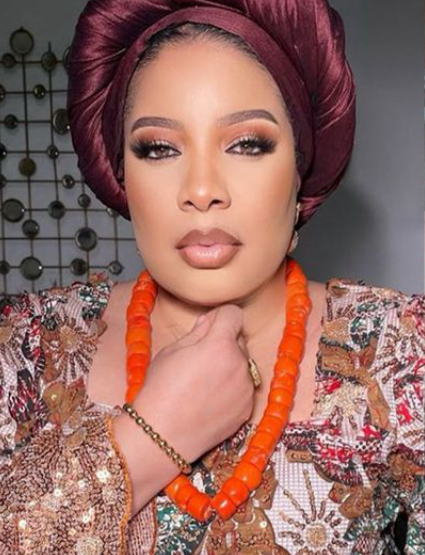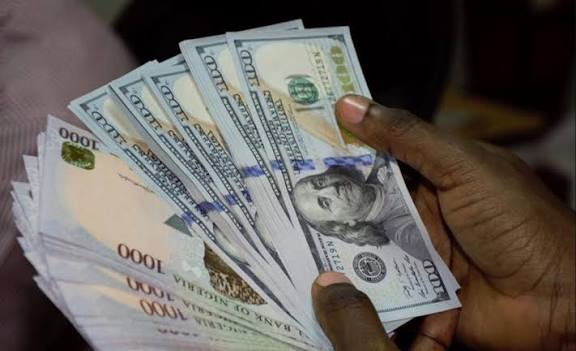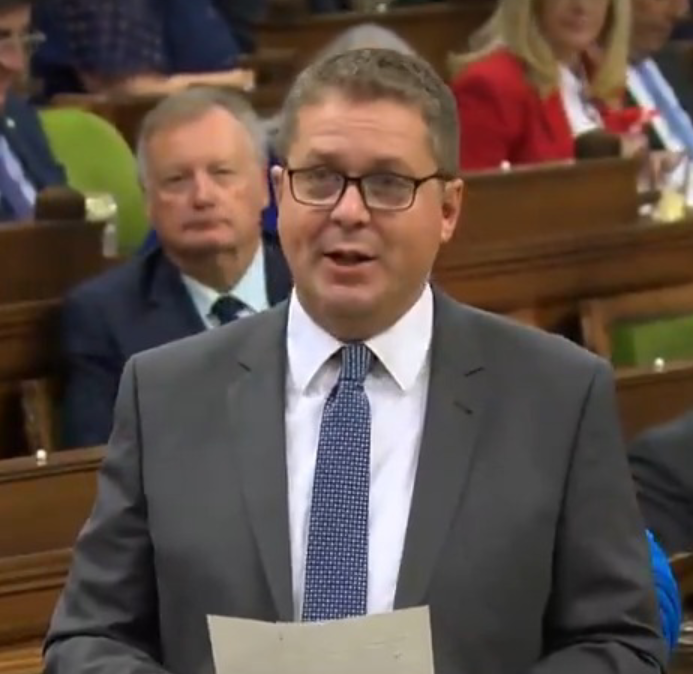
Monalisa Chinda Cries Out as Nigerians Battle Crushing Electricity and Water Bills in Unending Cost-of-Living Nightmare

Nollywood star Monalisa Chinda has joined the growing chorus of voices lamenting the unbearable rise in Nigeria’s cost of living, expressing deep concern over how ordinary citizens are managing to survive in the face of skyrocketing utility bills. In a heartfelt social media post that has resonated with thousands, the veteran actress and television personality openly questioned how people living beyond the poverty threshold are coping when even those with steady incomes are finding it increasingly difficult to make ends meet. Her emotional outpouring came with a mix of disbelief, frustration, and empathy, painting a vivid picture of a nation grappling with a crisis that shows no signs of abating.
Referencing the basic amenities of light and water, Monalisa lamented that these essentials—created by God and intended to be freely enjoyed by all—have become exorbitantly priced commodities that the average Nigerian now struggles to afford. “Lord, the light and water that you created and gave to us freely, they are down here charging us for it. I mean, it’s crazy,” she wrote, capturing the sentiment of millions who wake up each day to face rising tariffs and bills that eat into their already stretched incomes. Her words, tinged with a mix of prayer and protest, highlighted the absurdity many feel at paying so much for services that often fall short of even the most basic expectations.
The actress did not stop at expressing her own frustration but turned the spotlight on the larger question of survival in today’s Nigeria. “How are people living beyond the poverty threshold managing? How do we navigate through this crisis? Never giving up,” she added, using hashtags like #help, #helping, and #thrivingnotsurviving to rally both awareness and solidarity. For many, her comments have struck a nerve, as the reality is that even those who are not counted among the country’s poorest are still reeling under the weight of escalating costs, unreliable services, and shrinking purchasing power.
Her post has since sparked an online conversation that has quickly gained momentum, with hundreds of Nigerians chiming in to share their own experiences. From young graduates working two jobs yet unable to pay their electricity bills without borrowing, to small business owners watching profits vanish into fuel for generators and water tanker deliveries, the stories pouring in are as heartbreaking as they are telling. Social media has become a flood of testimonies, with many echoing Monalisa’s bewilderment over how families are meant to sustain themselves in such a climate.
The economic pressure is compounded by Nigeria’s unreliable supply of both electricity and clean water. In many urban areas, electricity tariffs have been revised multiple times in the past few years, with consumers often paying premium rates for inconsistent service. Power outages remain a constant feature, forcing households and businesses to rely on costly generators that guzzle fuel—a double financial blow considering the volatile petrol and diesel prices. As for water, those who do not have access to government-provided supply are left to depend on private boreholes, water vendors, or tanker services, all of which have seen significant price hikes.
Monalisa’s choice of words reflects a growing sense of injustice among citizens who feel they are paying for services that are neither consistent nor affordable. Her rhetorical appeal to God underscores the moral dimension of the crisis: how did something so fundamental to human dignity and daily life become such a luxury in a country blessed with abundant natural resources? Her lament mirrors the frustration of countless Nigerians who feel abandoned by systems that should be protecting them from exploitation, not enabling it.
Economic analysts point to a combination of inflation, currency devaluation, subsidy removals, and infrastructural decay as the main drivers of this worsening situation. The removal of electricity subsidies, aimed at encouraging investment and improving supply, has instead resulted in higher bills for consumers without a corresponding improvement in service delivery. Similarly, water scarcity in many regions has made clean, safe water a premium product, accessible mainly to those who can afford the steep prices charged by private suppliers. For the average family, these costs add up to an unsustainable financial burden that competes with food, education, healthcare, and transportation expenses.
It is not just individuals feeling the pinch. Small and medium-sized enterprises, already under pressure from inflation and reduced consumer spending, are struggling to cover overheads inflated by utility costs. Some have been forced to downsize operations, reduce staff, or close entirely, further exacerbating the unemployment crisis. The knock-on effects ripple through the economy, from reduced productivity to a decline in overall living standards.
Monalisa’s outcry also touches on a deeper social reality—many Nigerians are surviving, not thriving. The hashtags she used, especially #thrivingnotsurviving, reflect a hope that life should be about more than simply scraping by. For countless citizens, however, thriving feels like a distant dream. Instead, the daily grind revolves around juggling bills, rationing power and water usage, and praying for relief from a cycle of scarcity and high costs.
Her statement has also prompted calls for greater accountability from both government and service providers. Activists are urging authorities to revisit pricing policies, invest more heavily in infrastructure, and prioritize the needs of ordinary citizens over profit margins. There is also a push for greater transparency in how tariffs are calculated, with many Nigerians skeptical about whether the rates they are paying truly reflect the cost of service delivery or are inflated due to inefficiencies and corruption within the system.
Monalisa’s willingness to use her platform to speak on behalf of everyday Nigerians has been met with widespread praise. Many fans and fellow celebrities have lauded her for addressing an issue that, while painfully obvious to most, is often left unspoken in public discourse by those in positions of influence. Her comments have been shared widely across multiple social media platforms, sparking radio discussions, television debates, and opinion pieces in local newspapers.
Yet, despite the attention her remarks have generated, many fear that real change will require more than online conversations. While public pressure can sometimes push authorities to act, the sheer scale of Nigeria’s economic challenges means that long-term solutions will require significant policy shifts, sustained investment, and systemic reform. In the meantime, citizens are left to navigate a reality where the essentials of modern life are slipping further out of reach.
For now, Monalisa Chinda’s message stands as both a cry for help and a rallying call for resilience. It is a reminder that behind every statistic about poverty and inflation lies a human story—parents making impossible choices, young people putting dreams on hold, communities pooling resources to keep the lights on and the water running. Her words may not solve the problem overnight, but they have given voice to the silent suffering of millions, reigniting a national conversation about the right to affordable, reliable access to life’s most basic needs. And as the actress herself declares, giing up is not an option.


